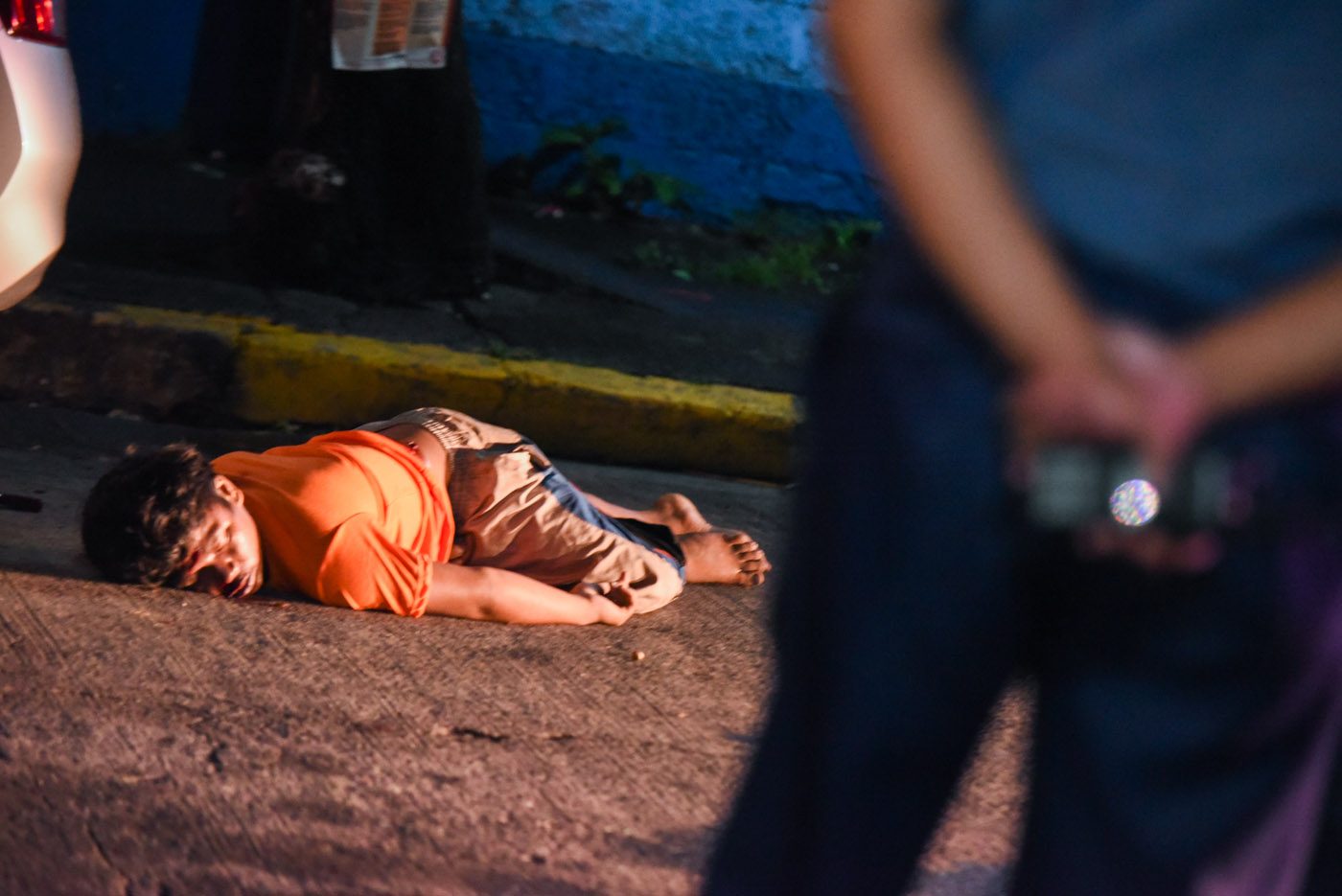SUMMARY
This is AI generated summarization, which may have errors. For context, always refer to the full article.

MANILA, Philippines – Were anti-drug operations planned and conducted properly, and were the deaths really investigated?
These are basic questions that the Supreme Court wants answered by compelling the government to submit to them full documentation of thousands of deaths that arose from anti-drug operations.
These include the 3,967 deaths in legitimate police operations from July 1, 2016 to November 27, 2017, and the other thousands of deaths under investigation from July 1, 2016 to September 27, 2017.
“What is in issue is the existence of the police reports, whether the police reports have been prepared as mandated by regulations,” the SC said in a strongly-worded resolution that compelled the government to submit the documents. (READ: Supreme Court: Drug war deaths may mean gov’t behind killings)
Apprehension
On Wednesday, April 18, the leadership of the Philippine National Police (PNP) expressed apprehension about submitting the documents, saying they would first need the go-signal of President Rodrigo Duterte.
The statements are a step back from Malacañang’s earlier categorical announcement that it would comply with the SC order.
“The PNP cannot give as excuse that it needs the approval of the President as justification for its non-submission of the documents within the 15 days period,” said Joel Butuyan, president of the Center for International Law or CenterLaw.
CenterLaw is one of the two petitioners seeking to declare the war on drugs unconstitutional. These petitions are the reasons why the SC is requesting these documents in the first place. (READ: Highlights of the oral arguments Day 1 | Day 2 | Day 3)
“Any impartial, bona-fide and genuine judicial review of, or inquiry into, the “constitutionality, application or operation” must logically start, first and foremost, with the police reports on the conduct of these drug operations which resulted in the deaths of thousands of citizens,” the SC said.
In initially refusing to submit documents, Solicitor General Jose Calida said it would risk national security as well as demoralize the police force by subjecting them to a “fishing expedition.”
But the SC said “the veracity of the facts contained in the police reports is not in issue before this Court.”
“In short, the faces of these police reports, both pre-operations and post-operations, would show whether the ‘application or operation’ of PNP CMC 16-2016, as well as of DILG’s MC 2017-112, was constitutional and in accordance with law and regulations,” the SC said.
So the government must now prove that these documents exist in order to defend the constitutionality of the war on drugs. Non-submission will weaken their position before the SC.
ICC aspect
Butuyan noted that the PNP’s latest statements are setting a condition for compliance.
“It is tantamount to saying that the SC order is subject to a review by the President,” Butuyan said.
That assertion is notable in the context of an ongoing preliminary examination by the International Criminal Court (ICC) prosecutor into the high number of killings in the war on drugs.
Prosecutor Fatou Bensouda is at the phase of establishing whether she has jurisdiction to proceed to a formal investigation. She will have jurisdiction if she determines that the Philippines is unwilling or unable to investigate the alleged crimes.
A conditional compliance “can certainly be used to point out unwillingness,” said Ray Paolo Santiago, chairperson of the Philippine Coalition for the ICC.
On Monday, several law groups called on the UN special rapporteur and on independent-minded judges and lawyers to probe into Duterte’s threats against the judiciary in relation to investigation of the killings.
“To solve the problem of extrajudicial killings, an independent judiciary is essential. But if we are threatened and the courts are threatened, we will not be able to stop EJKs,” said law professor Tony La Viña of the coalition Manananggol Laban sa EJKs (Manlaban). – Rappler.com
Add a comment
How does this make you feel?
There are no comments yet. Add your comment to start the conversation.